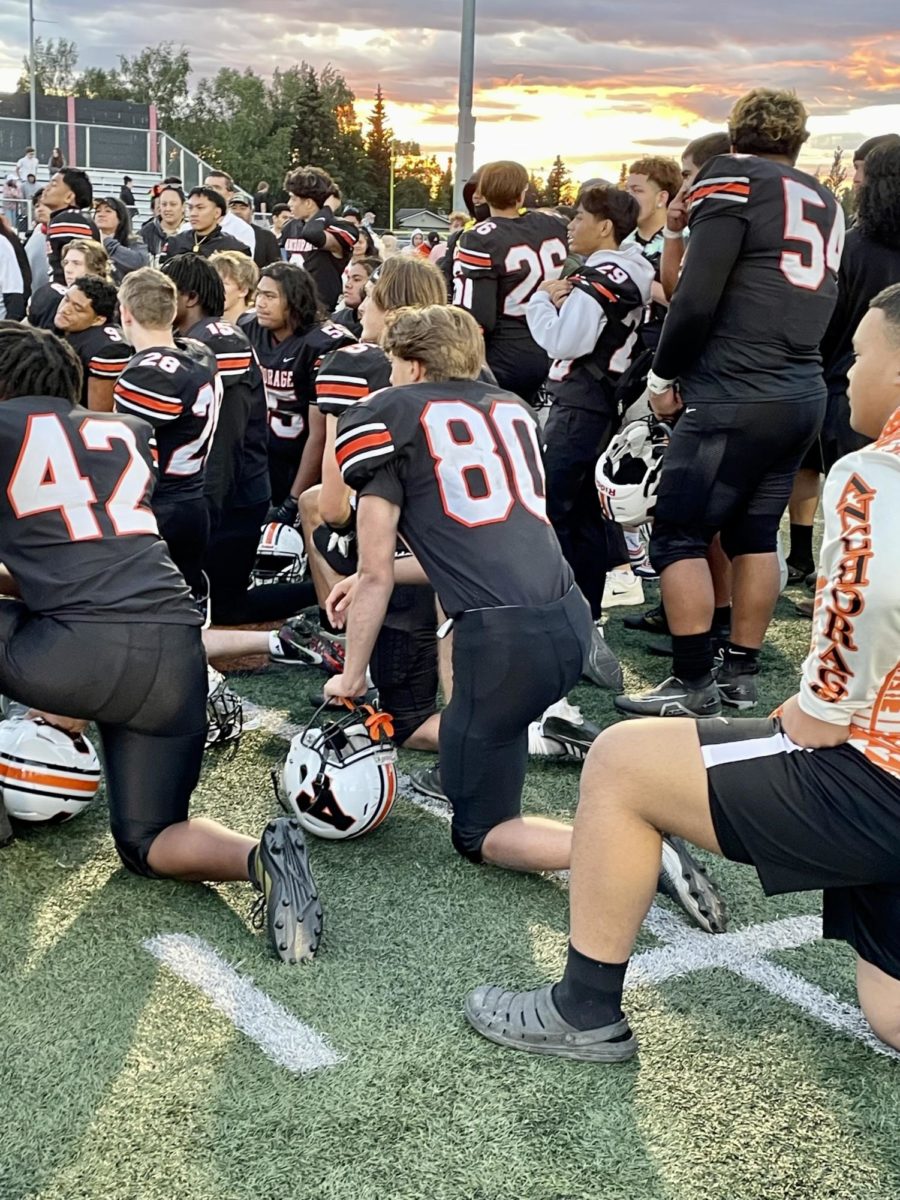Russian Classes Cut Due to Budget Loss
November 6, 2015
For several decades West has given its students the option of learning the Russian language, but budget cuts for education are changing that. By the time the class of 2019 graduates, West students will no longer have that opportunity.
Even now, West is no longer offering Russian I, and as this year’s freshman progress through high school, the remains of the non-immersion Russian classes will trail behind, dropping each level behind until only Russian Immersion is left behind.
These cuts have caused students who would have, and should have, been put in a first year Russian class to be forced to be put in a higher level class, namely Russian II.
While it may seem as though students might benefit from this, Mikko Pekkonen, who was affected by the cuts, said, “I don’t understand most things the teacher is saying, although I am starting to, I can’t read as well, and my handwriting in Russian is really bad.”
While students are most obviously affected by this cut Michele Whaley, who has been teaching Russian II and formerly Russian I at West for 18 years, is also impacted.
Her entire program is being removed from the school, and while she’s not afraid of losing her job, she says, “I’m sad. I would teach Russian for the next 20 years and make it a 50-year career… I love teaching Russian.”
Although Russian has around 144 million speakers, there are not many students who take it at West, which contributes to the reasoning behind it being cut.
According to the chair of the language department, Juan Vazquez, “It comes down to demand. If there is not that many students coming into ninth grade, tenth grade, and they’re not requesting Russian, then it becomes an issue with the principal. So the principal says, ‘If we don’t have that big of a demand, then we just don’t offer it.’”
Russian II takes up fourth and fifth period, and there are only fifteen students in fifth period. Each class is multi-level, with the more advanced students working separately from the less advanced students, who work with Mrs. Whaley.
With the state of the country’s relations with Russia, knowing how to speak Russian is an important skill for government employees, which is, according to Mr. Vazquez, the reason for keeping Russian Immersion.
However, the loss of the non-immersion Russian program is put into perspective by Mrs. Whaley who says, “The big sadness I have has to do with the loss of opportunity for students, because not everybody went to Turnagain, not everybody has that choice in kindergarten, and Russian is one of the most important languages that can be studied in the U.S.… Almost every year, I have a visit from some interviewer who is from a security agency wanting to know about one of my former students because they are going to the CIA or FBI or NSA.”







Parker • Nov 23, 2015 at 9:50 pm
A lot of information I didn’t know about, good article.
angelique • Nov 23, 2015 at 12:08 pm
I learned alot from this article and like the way it was written